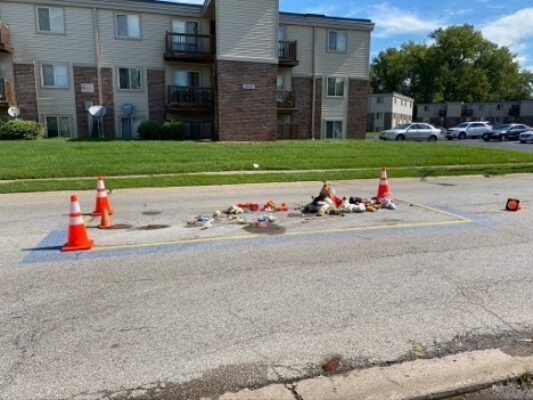7 Results

Gentrification Isn’t Just Happening in Cities. It’s Also Happening in America’s Suburbs
Mar 04 2025
In “The Right to Suburbia,” Willow S. Lung-Amam details who’s benefitting from redevelopment in Washington, D.C.’s suburbs – and who’s being pushed out.
Read More
Ten years after the death of Michael Brown, the conditions that led to the uprisings remain
Aug 09 2024
Today is the ten-year anniversary of Michael Brown’s death and a critical moment to reflect on the uprisings. While some view these contemporary revolts as solely driven by police aggression, our modern unrest narrative is more complex. Through interviews for my new book Slow and Sudden Violence, Ferguson and Baltimore community leaders identified police brutality as a cause of the uprisings, but they also voiced other significant frustrations.
Read More
Join Tanya Maria Golash-Boza for the Before Gentrification Book Tour
Oct 04 2023
“A must-read for those interested in understanding how anti-Black policy decisions drive mass incarceration, gentrification, and dire racial inequality in Washington, DC, and throughout our nation."—Derek Hyra, author of Race, Class, and Politics in the Cappuccino CityBefore Gentrification s
Read More
For Other Growing U.S. Cities, Atlanta is a Warning
Aug 01 2022
By Dan Immergluck, author of Red Hot City: Housing, Race, and Exclusion in Twenty-First-Century AtlantaRising home prices and rents are on everyone’s mind these days. In the wake of COVID-19, housing costs rose rapidly in most cities. Yet the U.S. housing crisis is not new, and has been worsenin
Read More
Mexican Studies/Estudios Mexicanos Announces Early Career Article Award Winners
May 16 2022
The editorial committee of Mexican Studies/Estudios Mexicanos is pleased to announce the award for best article by an early-career scholar published in 2020-2021. The award aims to recognize contributions of the highest academic quality in the multidisciplinary field of Mexican studies for the origi
Read More
Managing Supergentrification in a Pandemic
Aug 31 2021
By Jenny Stuber, author of Aspen and the American Dream: How One Town Manages Inequality in the Era of SupergentrificationIn communities across the American West, the COVID-19 pandemic revealed new social class dynamics, if not fractures. The pandemic accelerated existing processes of amenity mi
Read More
How the Pandemic’s ‘Zoomtown Effect’ is Reshaping Rural America
Apr 22 2021
By Jennifer Sherman, author of Dividing Paradise: Rural Inequality and the Diminishing American DreamIn the wake of the COVID-19 pandemic, rural communities across the U.S. have been experiencing what has been labeled the “Zoomtown” effect: real estate booms fueled by remote workers buying secon
Read More